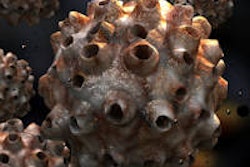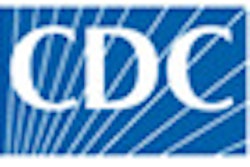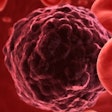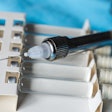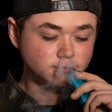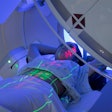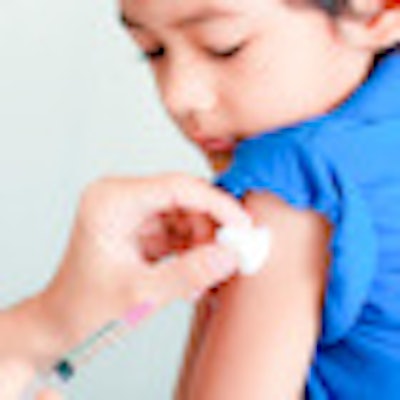
NEW YORK (Reuters Health) - Boys 11 years and up should get Merck & Co's Gardasil vaccine to protect them against HPV infections, which can cause genital warts as well as oral, penile, and anal cancers, the nation's largest group of pediatricians said Monday.
"What we are hoping will come out of this is that we can push this as a cancer vaccine," said Dr. Michael Brady of the American Academy of Pediatrics (AAP). "We now have the ability to interrupt the transmission and the development of cancer."
The new statement leans on recommendations released last year by U.S. vaccine advisers and updates the previous stance of the AAP, which until now had only backed routine vaccination for girls.
HPV, or human papillomavirus, is the most common sexually transmitted disease in the U.S. According to the Centers for Disease Control and Prevention, at least half of all sexually active people will catch genital HPV at some point.
The infection usually doesn't cause any symptoms and goes away on its own. But certain types of the virus may cause genital warts and, rarely, cancer.
It's estimated that HPV types 16 and 18 are responsible for 7,000 cases of cancer in men every year in the U.S. and 15,000 cases in women, most of them cervical cancers.
Clinical studies show HPV vaccines shield boys against genital warts and anal cancer, although the protection isn't complete. Vaccinating boys is also likely to protect women indirectly by preventing them from catching the viruses in the first place, the AAP says.
Three doses of Gardasil, the recommended amount, cost about $360. U.S. health regulators have found no serious side effects apart from soreness at the injection site.
"This definitely is a very safe vaccine," agreed Brady, also of Nationwide Children's Hospital in Columbus, Ohio.
The vaccines are most effective from age nine through 15, but boys and men up to 21 should still be vaccinated if they missed out earlier, the AAP says.
For 11- and 12-year-old girls, the group continues to recommend three shots of Gardasil or GlaxoSmithKline's Cervarix, which has not been approved for boys. Girls and women 13 to 26 who have not been vaccinated should also get the shots.
A third of U.S. teenage girls had received all three shots in 2010, but Brady told Reuters Health that is far from enough to prevent the virus from spreading.
He added that the government's move last year to expand its HPV vaccine recommendations to include boys would hopefully have an effect on uptake.
"Now that it is a routine recommendation we anticipate that coverage will be much better and that the cost barriers will disappear," Brady said.
By Frederik Joelving
Source: https://bit.ly/cxXOG
Pediatrics, February 27, 2012
Last Updated: 2012-02-27 0:02:16 -0400 (Reuters Health)
Copyright © 2012 Reuters Limited. All rights reserved. Republication or redistribution of Reuters content, including by framing or similar means, is expressly prohibited without the prior written consent of Reuters. Reuters shall not be liable for any errors or delays in the content, or for any actions taken in reliance thereon. Reuters and the Reuters sphere logo are registered trademarks and trademarks of the Reuters group of companies around the world.




